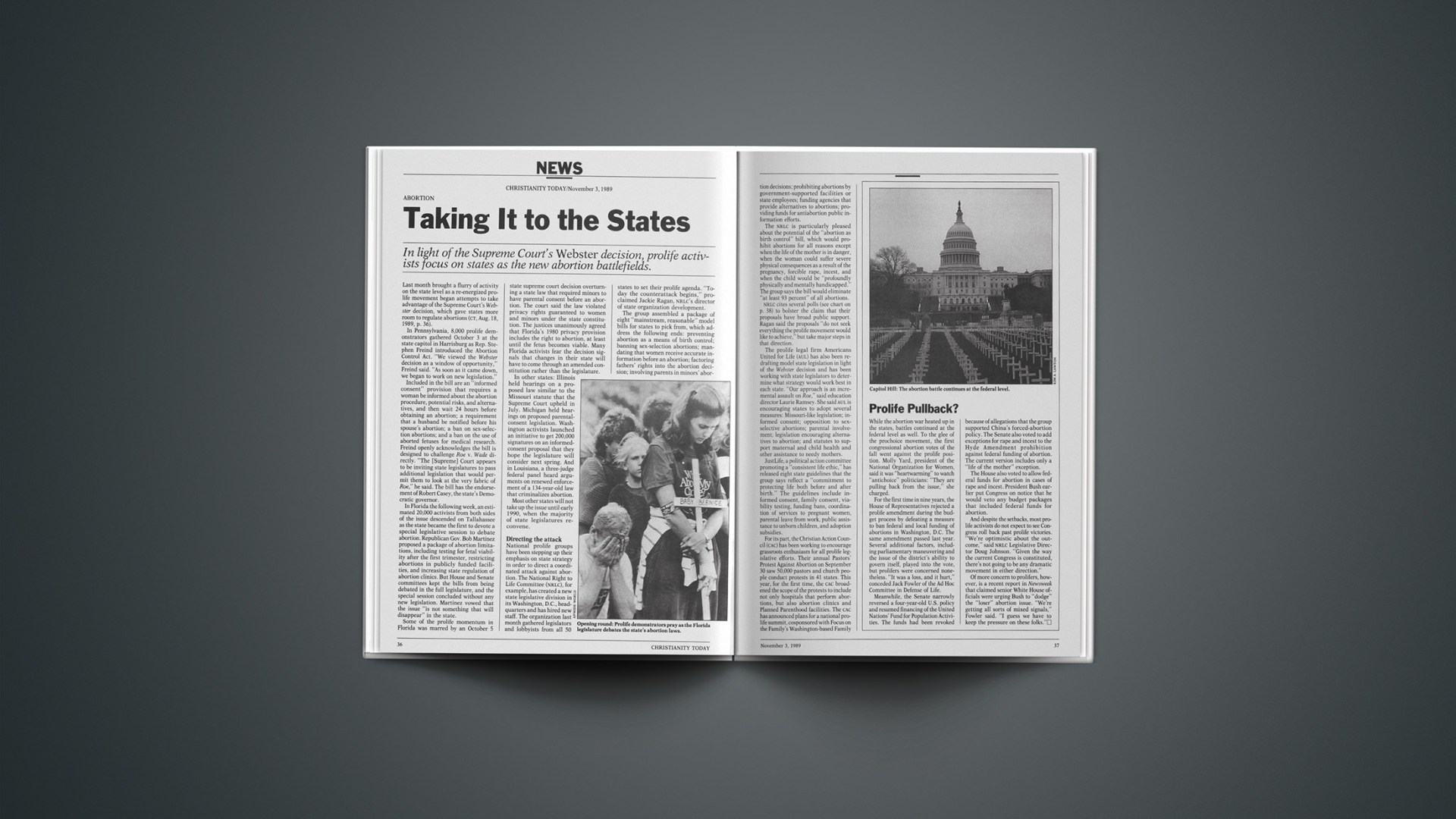A court ban on school-sponsored prayers before football games sparked a grassroots revolt this fall throughout the South, and though the fire of protest has died down, defiance of the rule continues.
The Bible Belt rebellion was touched off last year when the Eleventh Circuit Court of Appeals ruled on a case out of Douglas County, Georgia, near Atlanta, saying that the school-sponsored prayers violated the constitutional separation of church and state by promoting religion. Last May, the Supreme Court let the ruling stand.
But pregame prayers are as much a part of gridiron tradition in the South as cheerleaders and pep rallies. So the court decisions were greeted with anger and denounced in both press and pulpit by coaches, fans, and ministers. And when the fall season opened, prayers still echoed with kickoffs.
There were reports of fans at games in Alabama, urged on by ministers in the crowd, chanting the Lord’s Prayer, and preachers in Florida leading pregame prayers with bullhorns, applying the theory that such unsponsored prayers did not fall under the ruling. At one school in Alabama the band played “Amazing Grace” right after the “Star Spangled Banner.”
Mayor Emory Folmar of Montgomery, Alabama, led a prayer in the municipal stadium. Folmar argued that prayers on city property, rather than school property, were permitted. Although Folmar has stopped talking to reporters about the issue, the prayers continue, despite a threat from the American Civil Liberties Union that it will file suit, a spokesman in Folmar’s office said.
In Birmingham, Alabama, radio station WMJJ-FM has been broadcasting prayers at 6:55 P.M., five minutes before kickoff time for football games across the state.
In Chatsworth, Georgia, radio station WQMT-FM urged fans to take their radios to the games and turn up the volume when the station broadcast a prayer before kickoff.
“We’re not trying to circumvent the law,” said Lamar McClue, the station’s program director. “We are just trying to find an alternative for the people who want to pray before the games.
“The issue of the prayer has nothing to do with football; football’s caught in the middle,” said McClue. “The issue is being able to pray at public events. It was something that struck very deep.”
By Bill Wilburn in Greenville, Tennessee.









